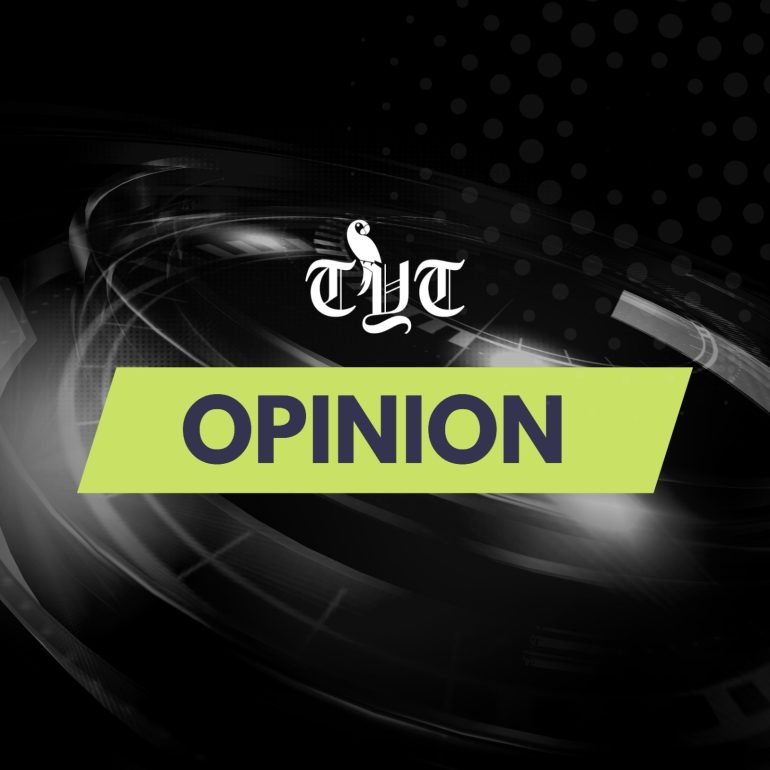By Bolarinwa Ayoola
The Ozumba Mbadiwe Road in Victoria Island, Lagos, stands as one of the city’s most strategic and symbolic highways. Connecting the Lekki Peninsula to Victoria Island and stretching through the Falomo Bridge to Bonny Camp and Lagos Island, this vital corridor plays host to global businesses, luxury hotels such as the Oriental Hotel and Radisson Blu, and iconic office towers including Civic Tower, The Waves, Wings, and Civic Centre Towers. As a prominent address for corporate headquarters and a key axis in Nigeria’s economic capital, the road reflects the pulse of Lagos and the image of Nigeria to the international community.
However, the naming of this major road after Kingsley Ozumba Mbadiwe, an Ibo politician from Imo State, raises critical questions. While it is common practice to honour national figures who have contributed to the country’s progress, the selection of Mbadiwe for such a significant monument in Lagos deserves a careful re-evaluation.
Mbadiwe indeed held several high-ranking positions. He served as a legislator in the 1940s and 1950s, Minister for Lands and Natural Resources during the colonial era, and later as Minister for Aviation between 1954 and 1957. He also served as Minister for Commerce and Industry and was eventually appointed Special Adviser to Nigeria’s first Prime Minister, Sir Abubakar Tafawa Balewa, who was assassinated during the coup of January 1966.
Despite these accomplishments, Mbadiwe’s legacy is deeply complicated by his role during the Nigerian Civil War. In a period when national unity was under grave threat, he accepted an appointment from Chukwuemeka Odumegwu Ojukwu, leader of the secessionist Republic of Biafra, as Biafra’s Roving Ambassador. In that role, Mbadiwe toured foreign countries lobbying for recognition and support for Biafra, a breakaway republic engaged in a bloody conflict with the Nigerian state.
The Civil War remains one of Nigeria’s most traumatic chapters, marked by mass displacement, widespread suffering, and the loss of millions of lives. At such a critical point in the nation’s history, Mbadiwe’s alignment with the Biafran cause raises moral questions about loyalty and the preservation of the Nigerian state. Honouring such a figure on a road so symbolic of Nigeria’s unity and economic dynamism is not only inconsistent with national memory but also sends a confusing message to future generations.
Reno Omokri, a political commentator and former presidential adviser, once revealed via the social media platform X that Mbadiwe had been considered for the position of Acting Prime Minister during the First Republic. However, according to Omokri, he was rejected by cabinet members due to prior allegations of corruption. Whether true or not, the controversy surrounding his political legacy adds another layer of complexity to the decision to name a landmark road after him.
In more recent times, Ozumba Mbadiwe Road became the epicenter of the 2020 EndSARS protests. During that period, defiance against government orders, including a curfew declared by the Lagos State Governor, led to violence and destruction. This defiance was allegedly influenced by separatist voices such as Nnamdi Kanu. While the road itself was not the cause of the protests, the symbolic weight of its name was not lost on observers.
In view of all these considerations, it becomes necessary to revisit the decision to immortalize Kingsley Ozumba Mbadiwe in this manner. Lagos, as the commercial nerve center of Nigeria and a stronghold of Yorùbá heritage, is home to many sons and daughters who have made outstanding contributions to Nigeria’s unity and development. These include individuals whose legacies reflect the values of patriotism, service, and national cohesion.
This is not a call to erase history but rather to correct a symbolic misalignment. National honours must reflect our collective values and historical truth. Naming a key Lagos Road after a figure who advocated for a breakaway republic during a time of war runs counter to the ideals of unity and peace.
I therefore urge the Federal Government and Lagos State authorities to consider renaming the Ozumba Mbadiwe Road in honour of a deserving Nigerian, particularly from among the many Yorùbá leaders whose unwavering commitment to the Nigerian project has helped shape the nation.
